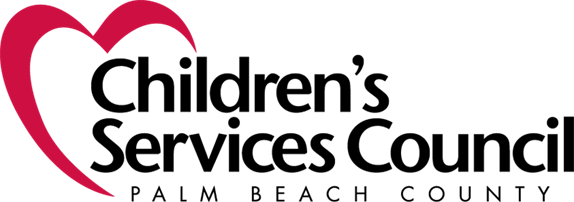Baby Safety Tips
September is recognized as baby safety month, and although a baby’s safety should be a top priority all year long, having a month dedicated to promoting safety for young children can be helpful for both new and experienced parents. Every parent and caregiver want to ensure their baby’s safety, but with so much information out there, it can be overwhelming to know where to start. Luckily, there are a few essential baby safety tips that parents and caregivers can follow.
Crib and Sleep Safety
A newborn baby can spend up to 16 to 17 hours a day sleeping. When I was a new parent, I remember spending most of that time checking on my child what felt like every few minutes. However, it is important for parents to get their rest as well, and you can follow these tips to ensure both you and your baby get some much-needed rest:
- Always place your baby on their back to sleep.
- Use a firm mattress in a safety-approved crib with a fitted sheet. Avoid soft bedding, pillows, or stuffed animals in the crib or bassinet.
- Place the crib away a from windows with blinds with strings or cords within reach.
- Do not place shelving, pictures, or other décor over a crib that could fall off the wall and into the crib.
Bath and Water Safety
Whether you are giving your baby a bath, going in a swimming pool, or letting them play with water toys, it’s important to always stay vigilant when babies are in or around water.
- Check the temperature of the water with your wrist before placing your baby in a bath or pool.
- Immediately drain the bathtub when finished using it.
- If you have a pool, use a fence around your pool that is at least 5 feet tall and use a pool alarm that alerts you if someone is entering the water.
- Do not let your child use inflatable floatation devices when not being supervised.
Car Seat Safety
When in the car with your baby, your child should always be secured in a car seat located in the back seat of the vehicle. Other car seat safety tips include:
- Placing your baby in a rear-facing car seat until they reach the maximum height or weight limit specified by the car seat manufacturer.
- Always keep the harness buckled and place the chest clip level with your baby’s armpits.
- Do not add pillows or blankets to make your child fit properly; only use the provided inserts as needed.
Playtime and General Safety
Playtime is as much a part of your baby’s routine as sleeping and eating. Having toys available for your child keeps them entertained and active, however, parents should always follow each toy’s instructions to avoid potential hazards.
- Avoid toys with small and sharp parts.
- Disinfect toys regularly, especially after another child has played with them.
- Keep older children’s toys separated from baby’s toys.
To ensure your baby’s general safety in all areas of your house, you can keep the following in mind:
- Keep batteries and other small, loose items out of reach.
- Keep babies strapped in when using highchairs and swings.
- Use safety gates to keep children away from stairs.
- Lock up all medications and household items that can be considered poisonous in a place that baby cannot access.
Keeping your baby safe requires extra attention, but by being proactive and following common safety tips, you will create a secure environment that best supports your baby’s health and development! For additional tips, be sure to visit our Family Resources webpage at https://www.elcpalmbeach.org/family-resources or https://www.safekids.org/.

 Translate
Translate


